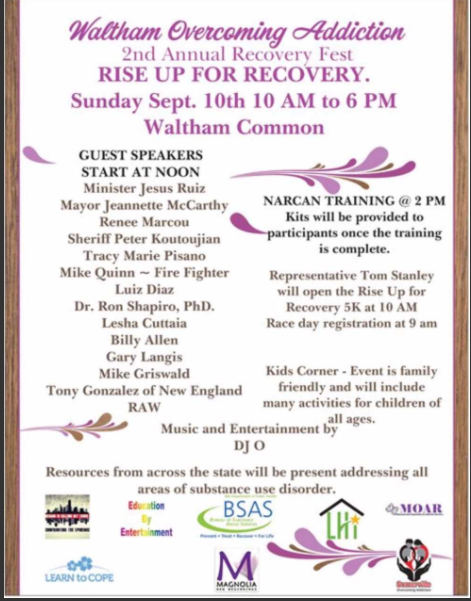When: Thursday, September 8
Time: 7:30am – 4:30pm
Where: Lowell Senior Center, 276 Broadway Street, Lowell, Ma
RSVP: www.lowellgeneral.org/health
When: Friday, October 6
Time: 7:30am-4:30pm
Where: Lowell General Hospital, Saints Campus, One Hospital Drive, Lowell, Ma
Third Tuesday of Each Month during the School Year,
October 17, November 21, December 19, January 16,
6 pm – 7:30 pm, Saints campus, Second Floor Board Room, FREE
Are you a grandparent or family member raising a child? Join other caregivers to discuss challenges and joys, financial realities, legal and custody issues, health of grandparent and child, resources available, support and growth, and more. This is a drop-in group meets the third Tuesday of each month during the school year*; no registration required! For more information, visit the hospital’s website or contact Kate Elkins at ext. 87224 for more information.



